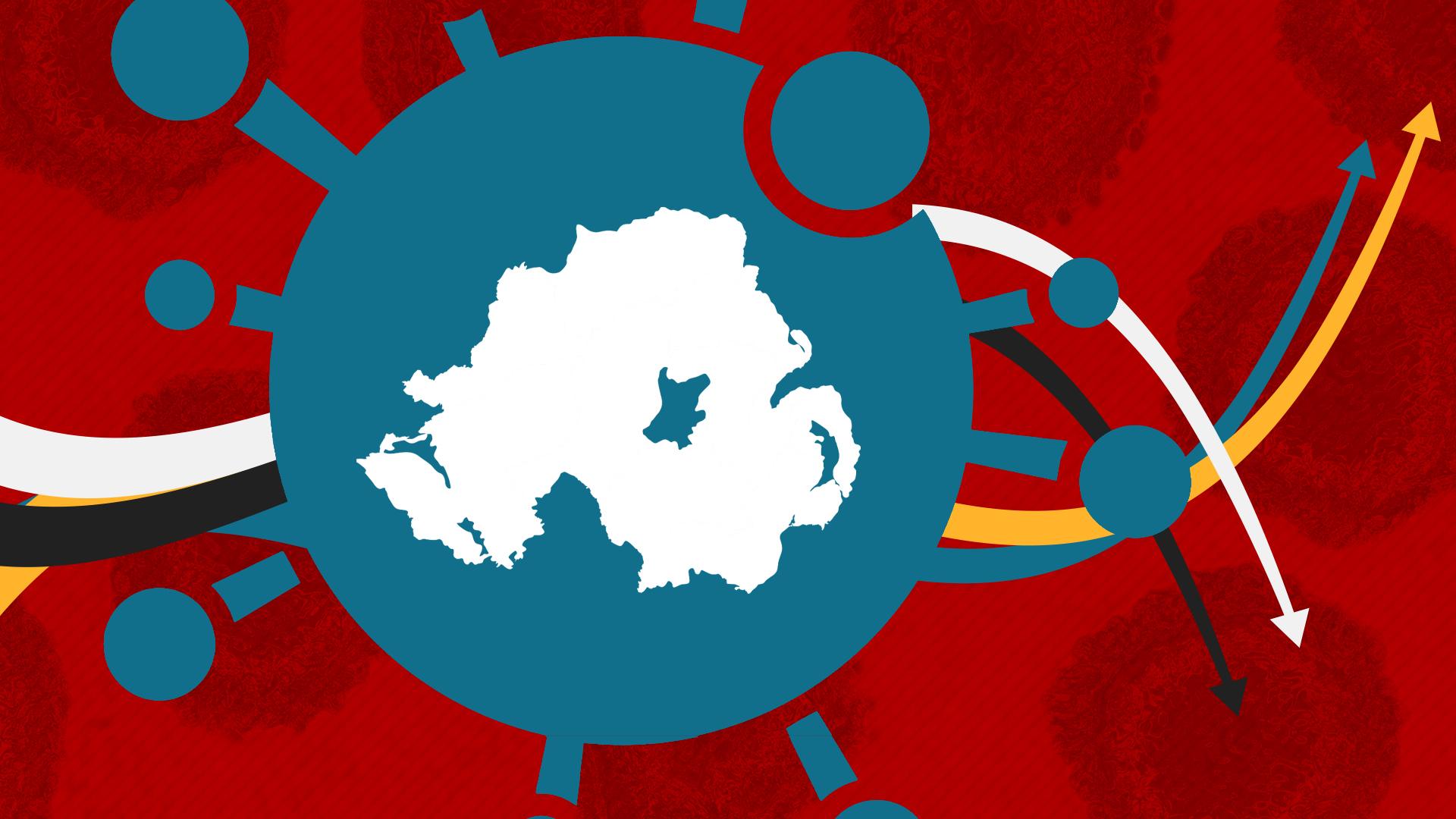Coronavirus: The 'lockdown heroes' who got NI through the pandemic
- Published
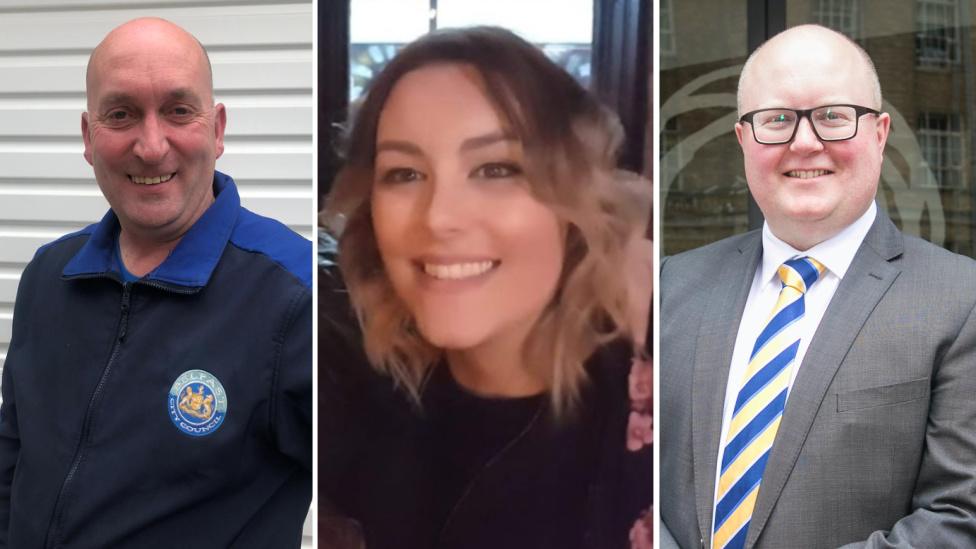
While many of us have been working from home, some have kept our towns ticking over since the start of the coronavirus pandemic.
These individuals kept working to provide essential services to people in need throughout the early stages of lockdown.
They include healthcare workers, cleaners, transport staff and delivery drivers.
BBC News NI spoke to some 'lockdown heroes' about their experiences.
Jonathan Topping, General Manager of the Clayton Hotel Belfast, opened up the hotel to NHS workers and frontline staff after it closed to the general public in March.
"As we saw the hotel business declining, we wanted to give a little bit back to key workers and it just felt like the right thing to do," he said.
"The role that we played was making sure they had somewhere to rest and recuperate and get food before they went back out to the coal face.
"Having somewhere to stay was a relief for those on the front line and brought some form of normality."
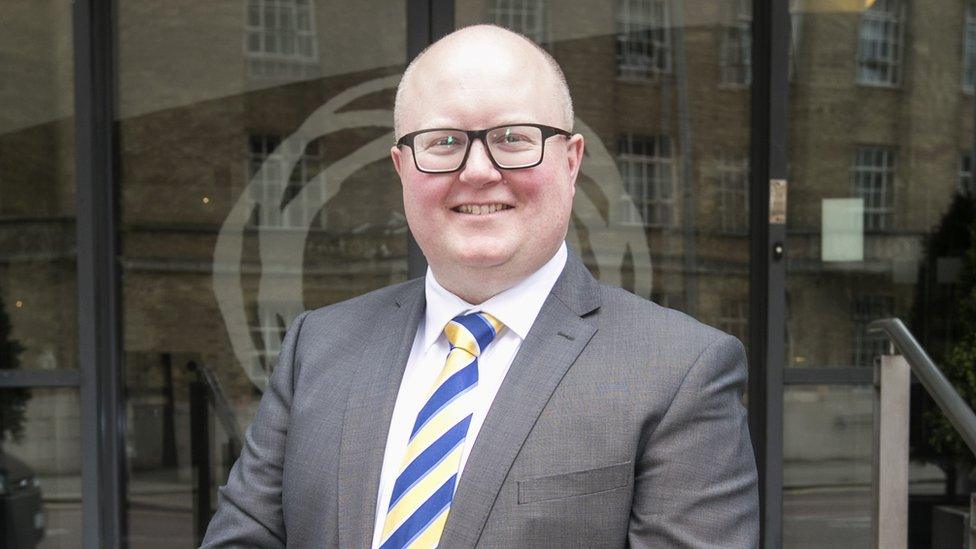
Jonathan Topping, General Manager of the Clayton Hotel Belfast, opened up the hotel to NHS staff and keyworkers during the coronavirus pandemic
'It felt good to give back'
Alongside housing healthcare staff, the hotel also provided accommodation for air crew, cargo pilots delivering PPE, food suppliers and long-haul drivers.
"In the 25 years I've been working in hotels, those who stayed with us during lockdown were the best guests we've ever had," Mr Topping said.
"Simply because they were so grateful and so appreciative that we were able to provide them with a great night's sleep, breakfast in the morning and a cup of coffee - just some little bit of normality.
"It was something that felt good from our side to give back to those guys who were putting their health at risk."
Mr Topping said he felt the pressure to secure the employment of the 170 staff working at the hotel at the start of the pandemic.
"The biggest challenge was keeping the business ticking over in any way shape or form while making sure we're keeping our staff employed.
"As a general manager, it was giving reassurance to my team and my staff that the business was long term viable and there was a security in their future as well.
"Business is starting to return, certainly not in a way it was previously, but it's certainly much more positive than I thought it was going to be."
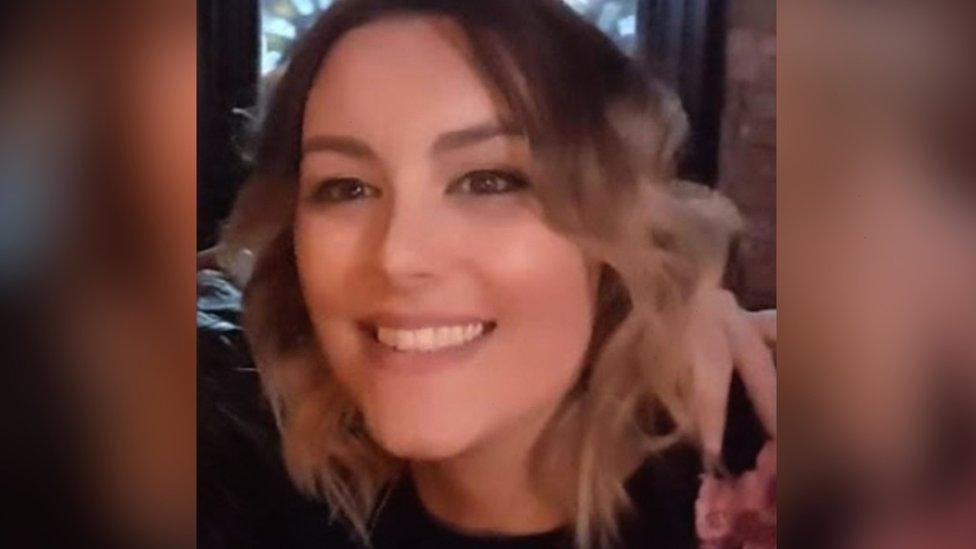
Cassie McNeill, a Translink bus driver, said working throughout the pandemic brought her a sense of normality
Cassie McNeill, a Translink bus driver based at Europa Bus Centre in Belfast, drove the Belfast to Dublin route before services were cut back as a result of the pandemic.
When her duties were reduced after declining passenger numbers, she turned her skills to cleaning to ensure the buses were safe for key workers to travel.
"My main role until recently was actually cleaning. I went from driving the buses to cleaning them, which was a big change, but it was necessary," she said.
"It was great to be able to help people get about, even if you were contributing in a very small way."
'Really rewarding'
Although it was different to her normal role, Cassie said going to work every day gave her a sense of normality that she needed.
"Getting up in the morning, putting on the uniform and going to work, it did make me feel much more normal. It made a big difference mentally and I was really grateful for that.
"It was stressful at times, particularly now with driving the buses again and with the kids back at school, we're so aware and constantly trying to wipe down surfaces between runs.
"Picking up the NHS workers and getting them in to do the job that they need to do and looking after our friends and family on the front line is really rewarding.
"You see them looking very tired coming out of hospitals and it's just nice to be able to take them home, stress free. It's a little bit of normality for them."
A vital role
Constable Wallace, from the PSNI, patrols the Linen Quarter in Belfast City Centre and said adjusting his behaviours away from the social norms was challenging.
"It felt strange talking with people two metres apart," he said.
"As police, I am no more immune to the virus than anyone else, but I have a vital role to provide, so there was that added stress of potentially bringing infection home."
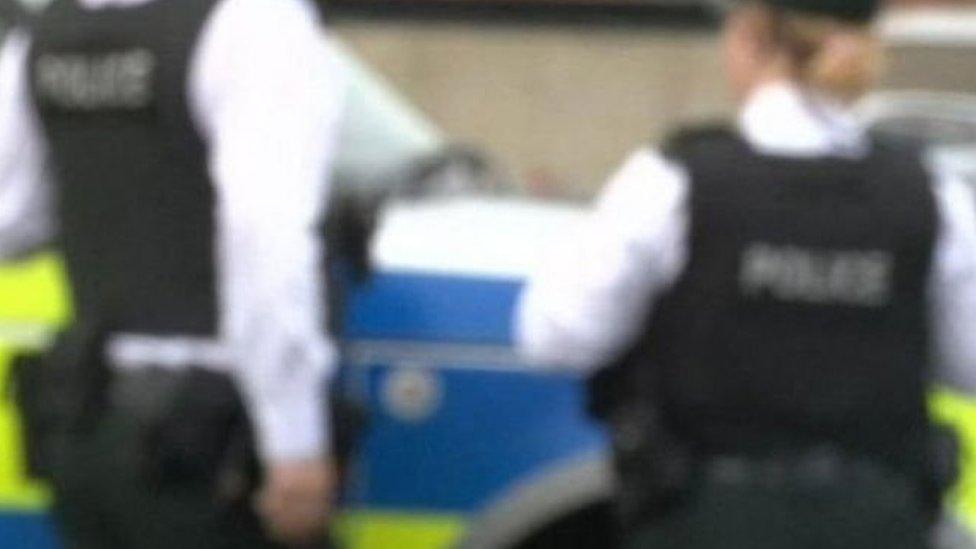
Police calls for services were reduced during the lockdown
Police calls for services were reduced during the lockdown as the majority of people stayed at home, so their priorities were to "keep people safe and protect our communities".
"I conducted premises checks on a daily basis to ensure any vacant premises remained secure.
"I was keen to call with any businesses that remained open to give them the reassurance that, if they called the police, we would be there to help."
He added that social distancing made some aspects of his job quite difficult.
"Many of the individuals I encounter have alcohol or addiction problems. I am thankful the vast majority were very understanding when I explained the Covid-19 health regulations.
"At the same time, trying to maintain social distance from someone who is intoxicated is rather tricky."
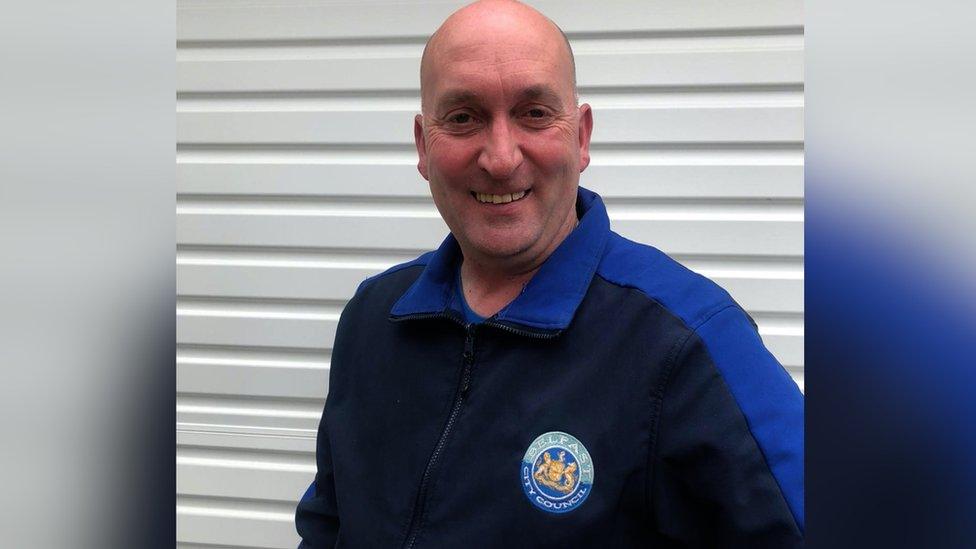
Stephen Wells, a Safer Neighbourhood Officer based in Belfast, had to find a new way to engage with large crowds to mitigate anti-social behaviour
Stephen Wells is a Safer Neighbourhood Officer with Belfast City Council who worked throughout the pandemic.
"My role is reducing crime and the fear of crime which is achieved by patrol work to make Belfast a safer place," he said.
"We patrol around Belfast City Centre, engaging with vulnerable people, the likes of homeless and alcoholics, building up a relationship and making sure they're signposted to relevant agencies for help."
Stephen works alongside neighbourhood police to target hotspots for anti-social behaviour, but social distancing measures made that challenging.
"Initially there was a reduction in anti-social behaviour because there were less people on the streets and in parks, but when it started to relax it came back like a tsunami," he said.
"A lot of things changed for us because we work within large crowds of young people and interacting with the public and we had to step back for health and safety of ourselves and find a new way to engage and deal with people."
Dealing with large crowds
He added: "For me personally it's been very, sort of, emotional because you're dealing with a lot of issues and trying to keep yourself safe too.
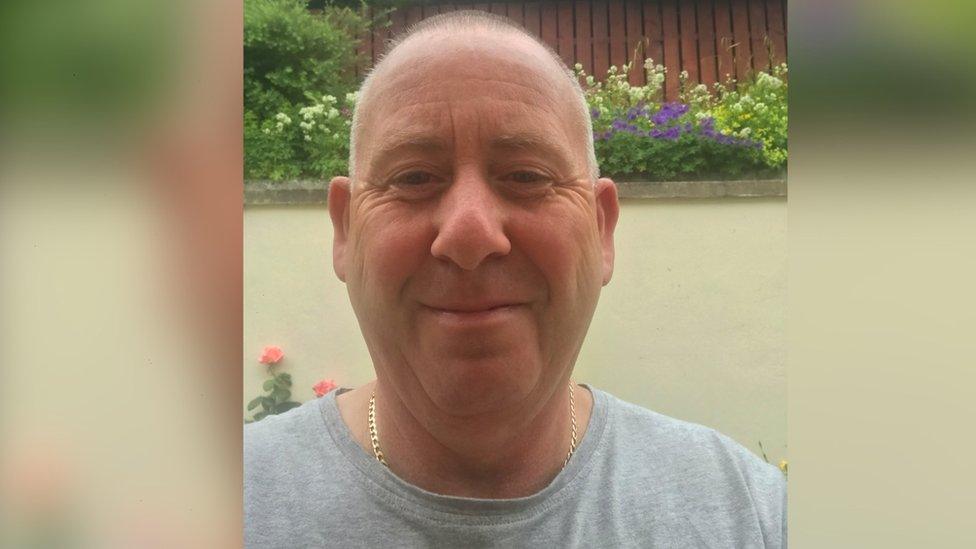
Ivan Gilmour, a Royal Mail postman based in Omagh, said deliveries almost trebled overnight at the start of the pandemic
Ivan Gilmour, a postman based in Omagh, carried important mail such as prescriptions and hospital appointments to people who were shielding.
He noticed a vast increase in deliveries with more people working from home and self-isolating during the pandemic.
"Overnight it maybe trebled the amount of stuff we were delivering. Anything from bags of cement, to nappies, to dog food - there was nothing we didn't deliver.
Postal workers had to adjust to a new way of contactless deliveries to protect themselves and others from the spread of the virus.
"It's definitely very rewarding when you can bring people their medical prescriptions and appointment letters and people have been very thankful and showing their generosity."
- Published8 January 2021
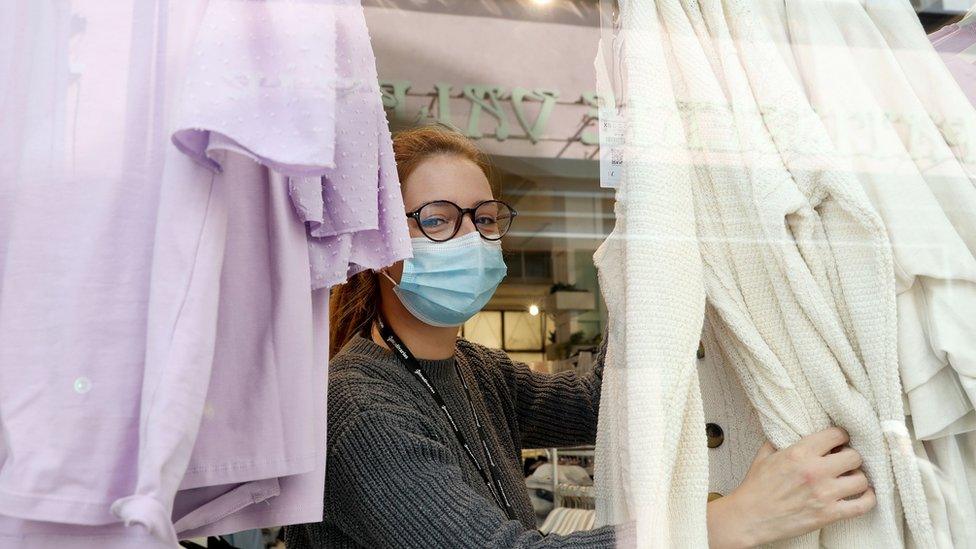
- Published30 August 2020
